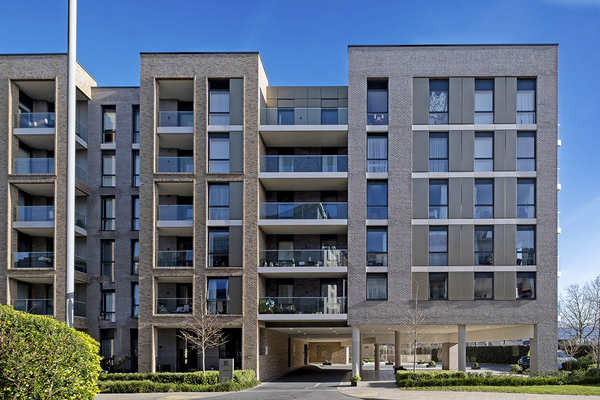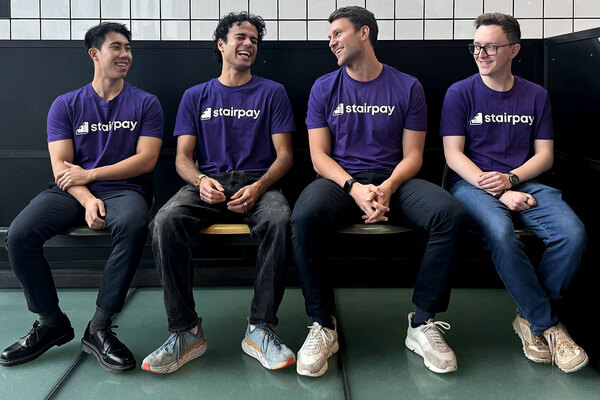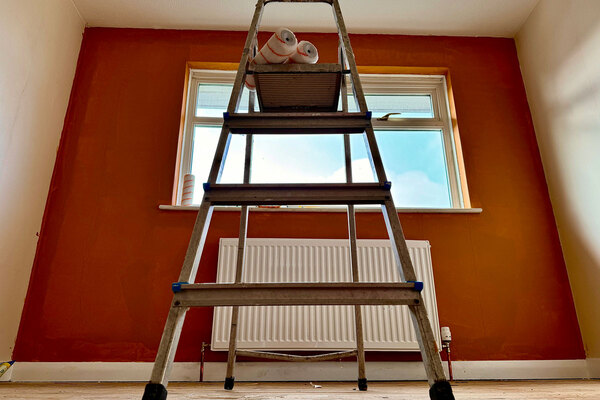You are viewing 1 of your 1 free articles
Shared ownership adds £6.5bn to housing associations’ turnover in past decade
Shared ownership has added £6.5bn to housing associations’ turnover in the past decade, according to a new report from Savills.

The property consultancy’s figures show that the £6.5bn has come from first tranche sales and staircasing, with £740m in capital receipts from shared ownership sales in 2023 – the joint highest ever along with the previous year.
The report also highlighted that only 4% of shared ownership buyers have moved from the social rent sector.
At the same time, the data on full staircasing revealed that “a relatively small proportion of shared owners reach 100% ownership”.
The report said: “On average since 2001-02, 100% staircasing sales represent 2.6% of total shared ownership homes each year staircasing to 100% when they sell.
“This is outweighed by the number of additions to stock through newly built supply and units purchased by providers, with first-tranche sales averaging 6.7% of total shared ownership homes each year.
“With low rates of 100% staircasing and an ongoing replenishment of new supply, shared ownership stock has continued to steadily increase in size each year.”
Savills’ research found that shared ownership could provide an additional 100,000 homes over the next five years, drawing down £2.2bn in private capital each year.
The report also revealed that the number of shared ownership homes in England passed the 250,000 mark for the first time in 2023.
However, it found that new shared ownership supply is at risk due to the wider slowdown in housing delivery and the tenure’s increasing reliance on Section 106 allocations.
“This slowdown has been driven by weaker sales rates for new homes and a drop-off in planning consents,” the report said.
In the short to medium term, as a result of reduced sector capacity and an increasing focus on existing stock, Savills forecasts a “substantial slowdown” in affordable housing delivery with decreasing volumes of grant-funded and Section 106 delivery.
“With supply through Section 106 at significant risk due to the wider slowdown in housing delivery as the two are inextricably linked, this will have a greater impact on shared ownership due to the higher reliance on delivery through Section 106.
“Shared ownership supply is also at risk of displacement through the gradual implementation of [the First Homes scheme], as local planning authorities will prioritise the delivery of core rented tenures over shared ownership,” the report says.
According to the report, the projected annual shared ownership homes acquired by for-profits in 2022-23 was 3,345, while 91% of shared ownership homes are owned by housing associations.
Steve Partridge, a director at Savills Affordable Housing Consultancy, said: “There is understandably a growing appetite from housing associations to sell existing shared ownership stock to release capital for investment.
“Against a backdrop of a steady pool of around 250,000 homes in ownership, this represents a significant future opportunity for new entrants to invest at scale in this stabilised shared ownership market.
“Based on average annual Help to Buy transactions when that policy was in operation (37,000 buyers per year), there is a greater capacity for shared ownership homes as part of the housing market and the solution to solving the housing crisis.”
The report also highlighted that shared ownership is exposed to the wider policy, regulatory and financial risks currently facing the housing sector.
It said: “Sector financial capacity is significantly under strain from high build-cost inflation, a focus on asset management of rented stock, higher costs of finance, caps on rental income and a lack of certainty around the future rent settlement beyond 2026.
“Housing associations are challenged with the growing requirement to invest in existing stock to meet building safety and decarbonisation requirements constraining development capacity. The sector also faces risks around unexpected policy intervention.”
The government is introducing leasehold reforms, which became law in May, although they have been criticised for being watered down.
Labour initially pledged to abolish leasehold in the first 100 days if elected, but scrapped the pledge in April. The party said it remained committed to reform.
Last month, Clarion said it was in talks to extend its partnership with a shared ownership platform after a two-month pilot that resulted in a 50% increase in staircasing transactions.
Sign up for our tenancy management newsletter
Already have an account? Click here to manage your newsletters










